Chances are by the time you finish reading this article you will yawn at least once. It’s OK — you’re probably sleep-deprived and have been for months.
People sleep about an hour and a half less than a century ago, and the likelihood of not getting enough ZZZs on a regular basis has increased significantly over the past three decades as the boundaries between work and home have blurred.
A third of American adults say they sleep less than the recommended seven to nine hours. The optimal amount of sleep is highly dependent on individual needs, but most people would likely be happier, healthier, and safer if they had between 60 and 90 minutes more sleep per night, according to the American Psychological Association.
The fact that we need to spend a third of our day sleeping is a sign it’s vital for health. Insufficient sleep, which has been linked to diabetes, heart problems, obesity, and depression, increases mortality risk, according to Dr. Mayank Shukla, a sleep medicine specialist in New York.
Sleep occurs in several stages, each with its own role in promoting good health, according to Shukla. “All stages are important, so make sure you get them all.” The first lasts a few minutes; your eyes are closed but you’re still alert. The second is light sleep; your heart rate slows and your temperature drops. Next is deep sleep when the body repairs muscles and tissues. The last phase is REM sleep, during which you dream and form memories.
The body recovers during sleep because the metabolic rate is lower, Shukla noted. “When metabolism is slowed, the body goes into rest mode,” he said.
People sleep in cycles, each lasting about 90 minutes, with the rapid eye movement (REM) sleep stage getting longer throughout the night. The first half of the night is mostly non-REM, and the second half is mostly REM, which is when you are in deep sleep and resting. That’s why you feel tired after waking up in the middle of REM sleep, even if you’ve slept enough hours, according to Joshua Tal, Ph.D, a psychologist with a specialty in sleep disorders.
Signs that you may not be getting as much sleep as you should include nodding off at at work, in front of the TV, or in other situations; mood changes, such as little things bothering you a lot more than before; and changes in energy capacity, Tal noted.
To identify the 21 health problems associated with sleep deprivation, 24/7 Wall St. consulted a sleep medicine specialist and a clinical psychologist specializing in insomnia treatment, and reviewed dozens of medical studies in publications such as the Journal of Neuroscience, Nature Communications, and Oxford Academic.

1. Anxiety
Sleep and anxiety are strongly connected, Tal noted. A change in one will influence the other. Research has found that sleep loss makes anxiety worse by exaggerating preemptive responding in the amygdala, the part of the brain responsible for reacting to fear.
A recent study found that even one night of missed sleep can make people feel cranky, sad, and worried. At the same time, just one night of recovery sleep can bring anxiety levels back to normal.

2. Social isolation
Sleep deprivation can lead to social withdrawal and loneliness, according to a recent study published in the journal Nature Communications. Loneliness has been found to increase mortality risk and to be as health-damaging as smoking and obesity.

3. Clinical depression
The more a person has trouble falling or staying asleep, the higher the chances of developing depression. People struggling with insomnia are 10 times more likely to have clinical depression.
Clinical studies show a possible connection between breathing-related sleep disorders and major depressive disorders. About 800 in 100,000 people have both. Separate research has also found a close relationship between insomnia, depression, and anxiety.

4. Memory loss
Lack of sleep leads to short-term memory challenges and long-term memory loss. “It’s harder for the brain to transfer memories to long-term.” Researchers are not sure exactly why, Tal said, but we form memories during REM sleep because this is when the neural connections that form the memories are strengthened.

5. Accelerated aging
Many factors contribute to premature aging, and lack of sleep seems to have a direct effect as well. Less sleep means less time for the body to properly restore itself, making people feel tired and look older.
One sign of accelerated aging is dark circles around the eyes. Lack of sleep causes fluid retention under the eyes, giving you the extra “baggage,” and the skin becomes paler, letting blood vessels and dark tissue underneath show.

6. More pain
Anyone who has ever been in pain and tried to fall asleep knows pain disturbs sleep. The relationship between pain and insufficient sleep is now seen as reciprocal: lack of sleep on a regular basis can lower a person’s pain tolerance. It can also interfere with treatments involving pain killers.

7. Aging skin
The skin refreshes itself and tightens up during sleep. Poor sleepers are more likely to have skin that shows signs of aging, such as fine lines, uneven pigmentation, slackening, and less elasticity. They recover more slowly after damaging sun exposure, according to a study.
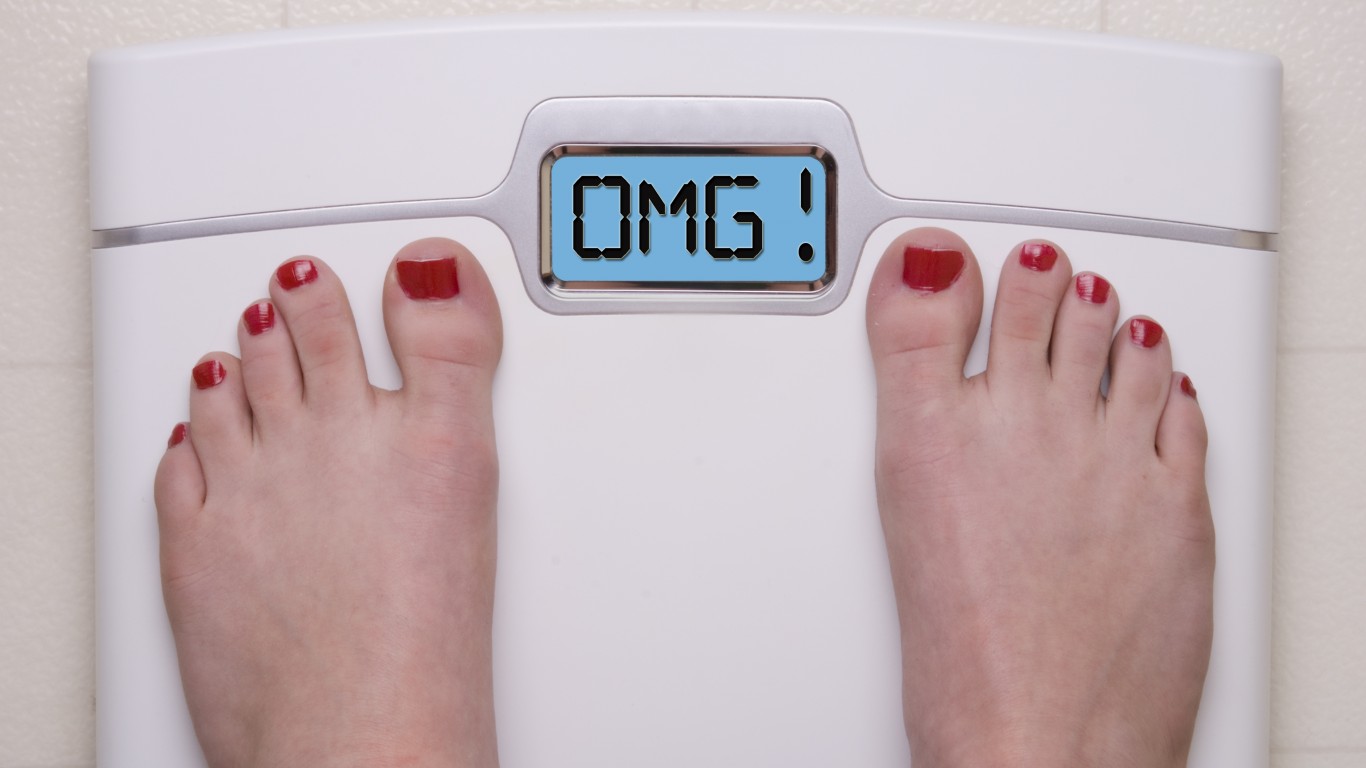
8. Weight gain
Sleep loss can disturb energy expenditure because of its effect on leptin, an appetite suppressor, and ghrelin, an appetite increaser, according to a study. Less leptin and more ghrelin explain why sleep-deprived participants were hungry more often and why they had higher Body Mass Index (BMI). People who did not get a lot of sleep prefer sweet substances, Shukla noted, as well as junk food, which is high in fat, salt, and sugar, all of which can lead to weight gain.
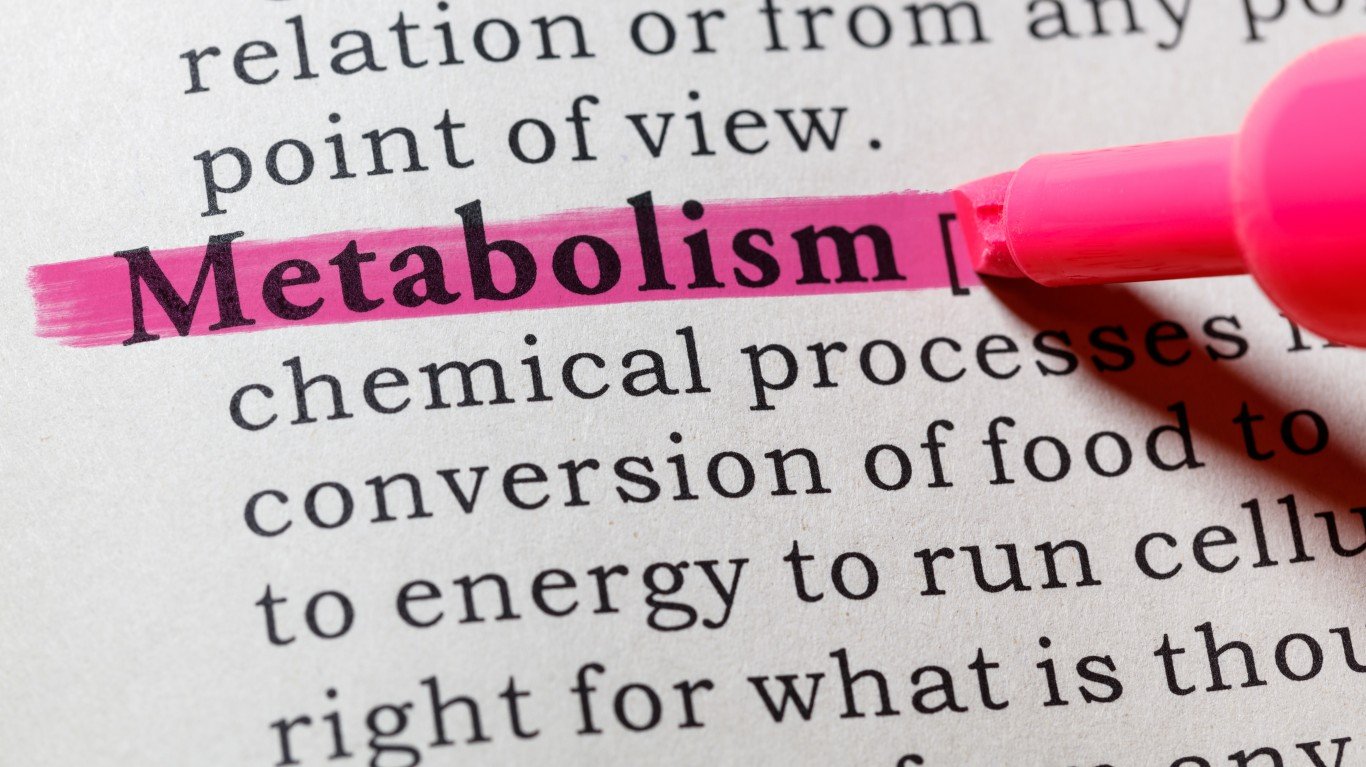
9. Slow metabolism
A person’s metabolism will not function properly if they are sleep-deprived. Evidence has suggested that sleep loss has a significant influence on metabolism by altering glucose metabolism and decreasing leptin and increasing ghrelin, Shukla noted. Both hormones are involved in regulating metabolism.

10. Microsleeps
Microsleeps, which are very short periods of light sleep that occur during monotonous tasks, are not uncommon among sleep-deprived people but they are very dangerous, especially if you’re driving a car or operating heavy machinery, according to Tal. “This is the body’s attempt at getting some sleep.” They are usually caused by extreme fatigue and are “uncontrollable,” he added.
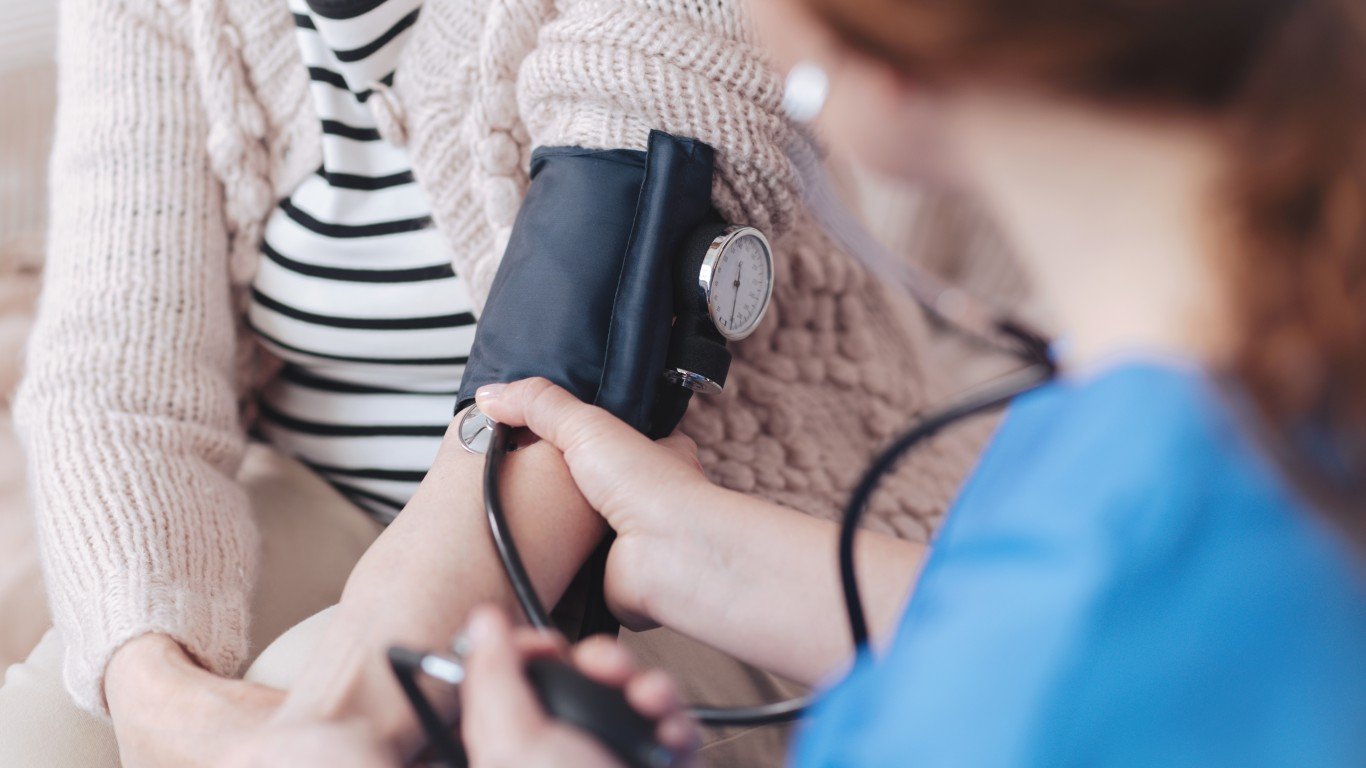
11. High blood pressure
Changes to the endocrine system as a result of lack of sleep lead to higher levels of cortisol, also called the “stress hormone,” which increases the heart rate, Shukla noted. “This leads to high blood pressure, which forces the heart to work harder to pump blood to the rest of the body.”
Blood pressure generally declines when we sleep. The 24-hour average blood pressure of people who struggle with sleep deprivation may therefore be higher, resulting in calcification, or hardening of the tissue. Even one night of inadequate sleep in people already suffering from hypertension can cause elevated blood pressure throughout the following day, research has shown.

12. Insulin resistance
Lack of sleep has a clear impact on the endocrine system by altering glucose intolerance, according to Shukla. Research suggests that circadian misalignment, which includes inappropriately timed sleep and wake, causes significant insulin resistance, which results in increased blood sugar levels. A study has found that even partial sleep loss during just one night triggers insulin resistance in healthy people.

13. Diabetes
People don’t think of lack of sleep as being a significant risk factor for diabetes, but it is, according to the National Sleep Foundation. Data suggest a link between short sleep duration and type 2 diabetes. Sleep deprivation can lead to less insulin, which controls blood sugar, to be released by the liver after a meal, and more cortisol, which further hinders insulin’s job. The combination leads to high blood sugar levels, increasing the risk for diabetes, Shukla explained.
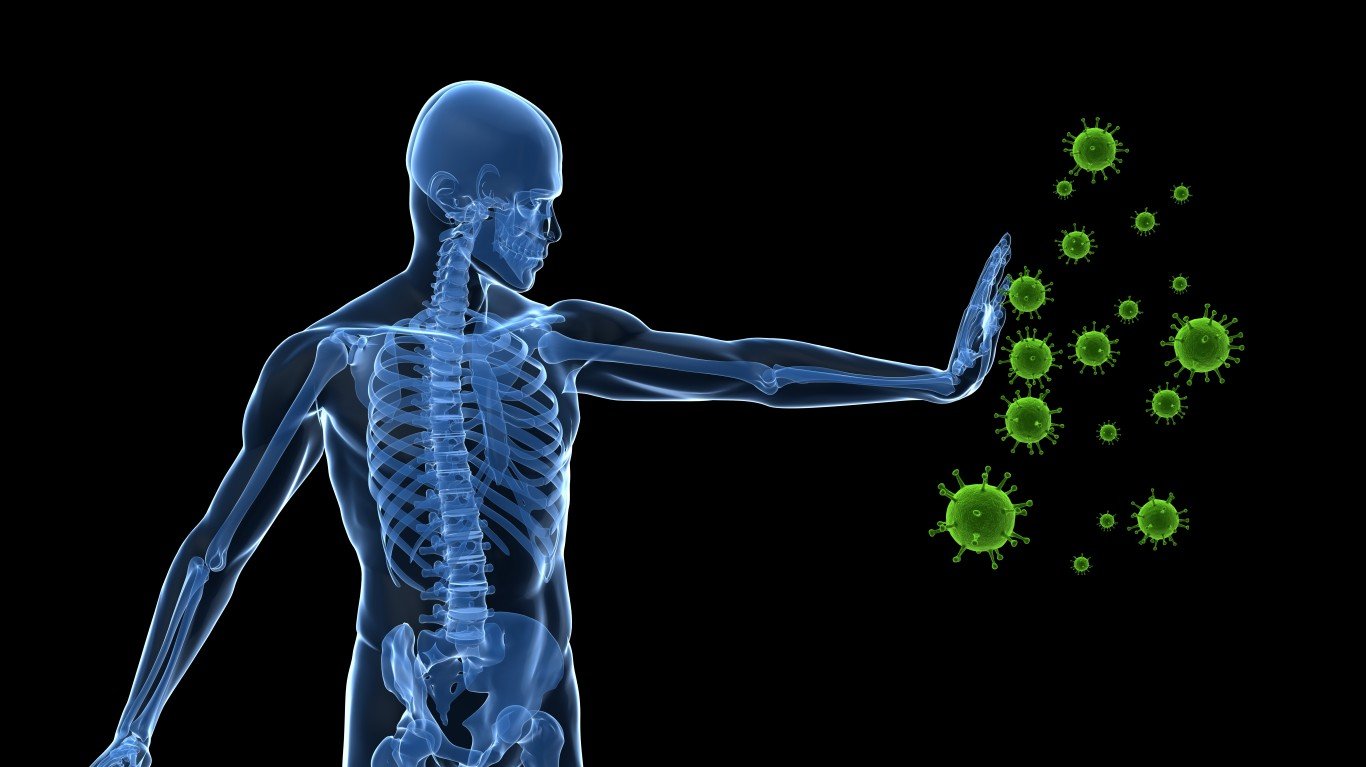
14. Reduced ability to fight infections
Loss of sleep leads to a weak immune system, increasing susceptibility to infections and slowing recovery. This is because during sleep the immune system releases protective proteins that help fight infection. Lack of sleep can mean fewer such disease-fighting antibodies.

15. More stress
Who hasn’t felt short-tempered after a night of just a few hours of sleep? But the consequences are a lot more serious than just a bad mood. Poor or insufficient sleep can cause irritability and stress. Quality sleep prevents a stress chain reaction of adrenaline and other hormones from being released, causing a person to feel under constant stress.

16. Brain fog
Cognitive skills are significantly affected by the quality of sleep people are getting, according to Tal. “It’s not just about quantity.” Insufficient sleep dampens brain activity by interfering with the cells’ ability to communicate with each other, leaving you less able to concentrate on even simple tasks.
Alerting, orienting and executive control are all affected by lack of sleep, according to another study. It showed slower reaction time, leading to a decrease in vigilance among participants.
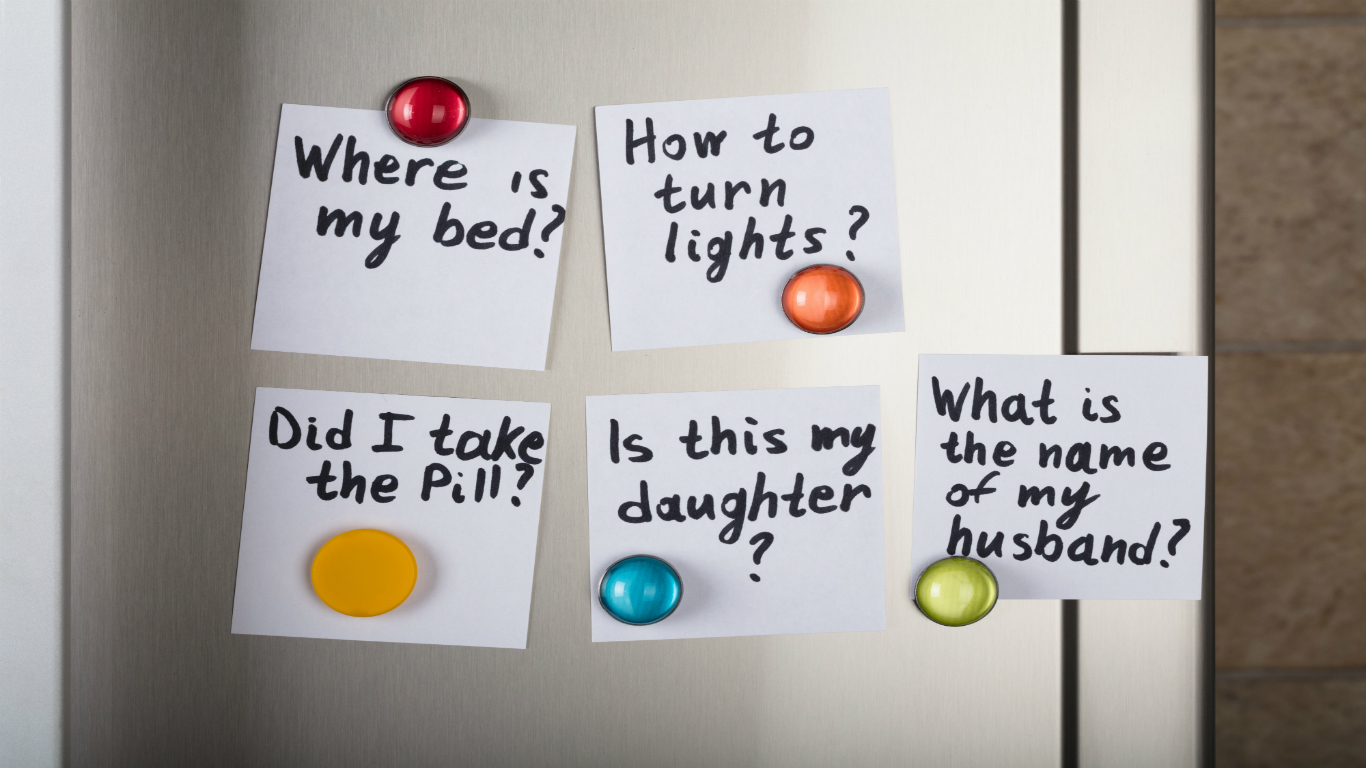
17. Increased risk of Alzheimer’s
“We are beginning to get more information on sleep disorders and their connection to memory loss and dementia,” Shukla said. Studies have shown sleep disorders may increase the risk of Alzheimer’s later in life. It is also common for Alzheimer’s patients to experience sleep problems
Losing just one night of sleep increases beta amyloid levels, according to the National Institutes of Health. This protein is linked to declines in memory and thinking, which increase the risk of dementia. It is a metabolic waste found in the fluid between brain cells that gets flushed out during sleep.

18. Heart disease
Sleep is essential for cardiovascular health, according to Shukla. “Sleep apnea is a great example of how sleep duration and sleep disorders can decrease life expectancy by five to 10 years because of heart problems.” The frequent stops in breathing, which lead to lower oxygen levels in the blood, increase blood pressure and strain the cardiovascular system.
Research examining the relationship between coronary heart disease and sleep has found that women who slept less than eight hours, or more than nine, were more likely to develop coronary heart disease. And this is a problem not just for adults. According to the National Sleep Foundation, studies suggest that even teenagers who do not get enough quality sleep are at higher risk of heart disease because they have higher cholesterol, blood pressure, and BMIs, as well as more abdominal fat.

19. Stroke
Chronic lack of sleep and disrupted sleep patterns have been tied to increased risk of a range of heart conditions, including stroke. One study found sleep deprivation could increase the chance of dying of a stroke by 15%.
Long-duration sleep, or more than nine hours, was also associated with a higher chance of developing or dying of stroke.

20. Cancer
There is evidence indicating that insufficient sleep increases the risk of breast and prostate cancers. This may be due to the disruption in the circadian rhythm because the body’s internal clock has such a large effect on biological functions, according to the National Sleep Foundation.

21. Low athletic performance
Sleep deprivation doesn’t spare anyone, not even healthy athletes. Researchers put 11 basketball players at Stanford University on a sleep-wake schedule for two to four weeks, followed by a five- to seven-week sleep extension period, during which they slept at least 10 hours a night. Their reaction time and shooting percentage during both practice and games were better when they slept longer.
